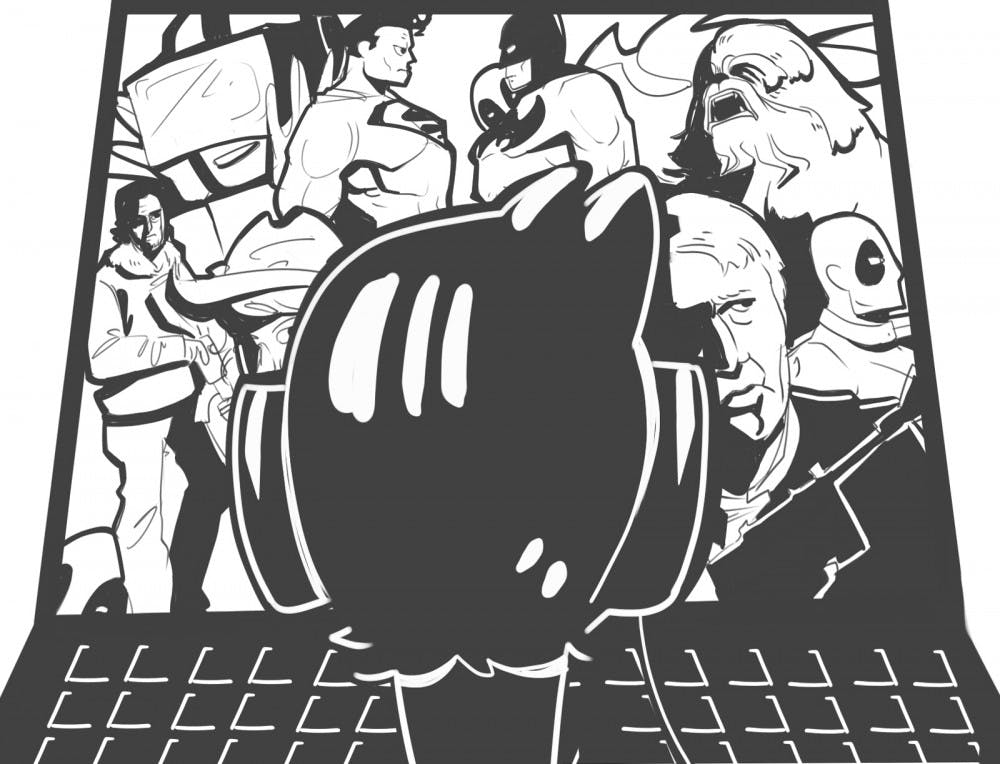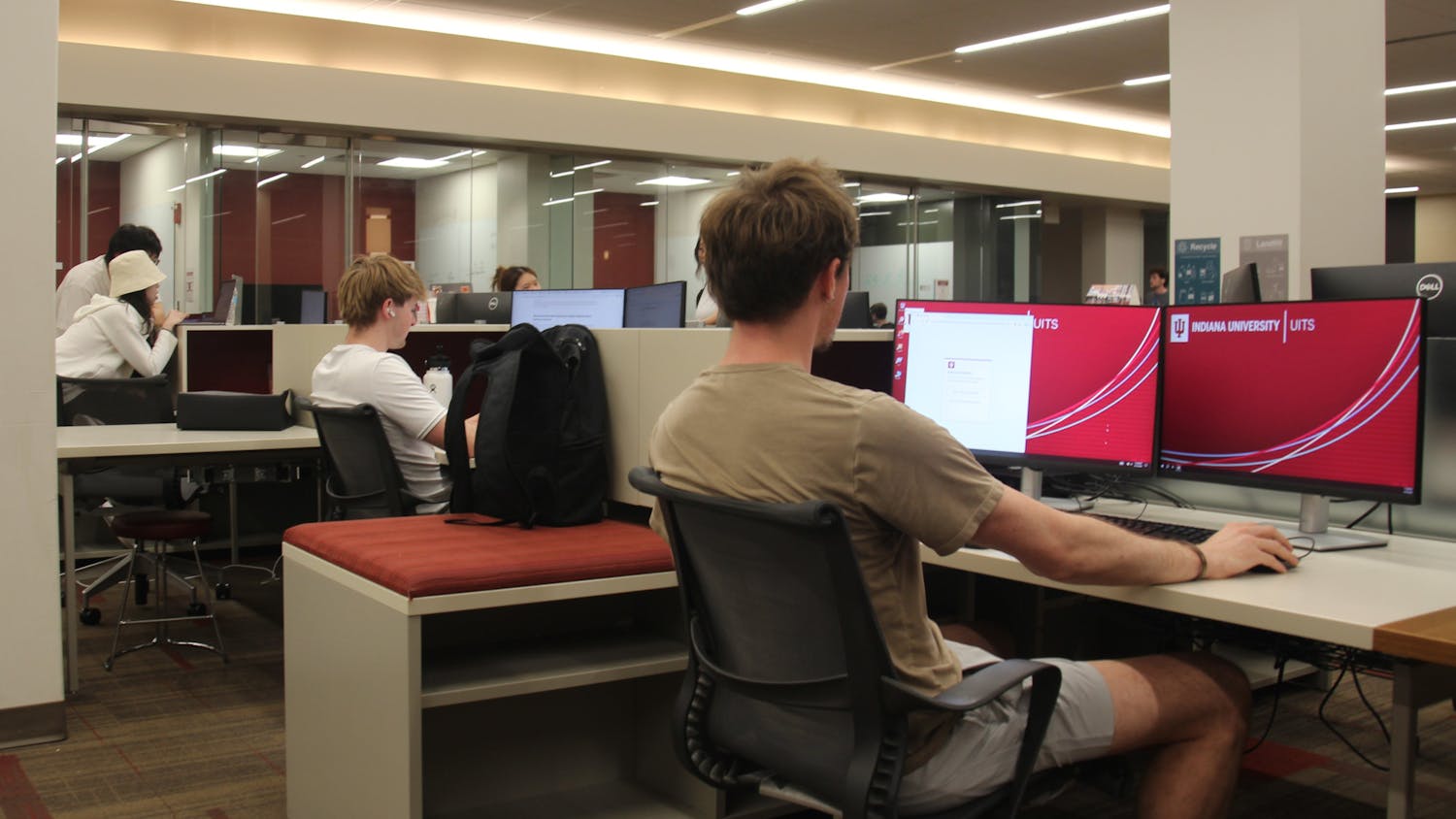The world-famous San Diego Comic Con wrapped up July 12 in California. However, things are just warming up for the rest of the world thrashing excitedly on the web in its wake.
I can’t imagine what people far outside the geek community were thinking when the trending news on Facebook was a continuous barrage from the comic book multiverses as leaked trailers and effusive nerding out took to the web.
I would definitely count myself a part of the feeding frenzy taking place as galleries of character cosplays and bootlegged footage of celebrity panels flooded social media.
Response video tongues were a-flapping. Forum post keyboards were a-clacking. One thing seems certain: The relationship between the Internet and Comic Con is a tight one.
But what exactly is the nature of this relationship? The Internet fandom communities definitely love it, but how do the Hollywood big shots and Comic Con organizers feel about special content reaching eyes attached to bodies that didn’t cough up the dough for a convention pass?
I turned to IU Department of Communication and Culture associate instructor Cory Barker, who specializes in media industries, social media and fan studies, for answers.
“Internet has allowed fandom to expand and deepen,” Barker said.
He couldn’t be more right. Fandom didn’t really start until Star Trek fans, Trekkies, started to come out of the woodwork in 1972 at the first-ever science fiction franchise fan convention to attain major ?publicity.
However, to be a fan — from the word ‘fanatic’ — was to be seen in a negative light by mainstream culture.
“The Internet has made fandom way more visible and way more acceptable,” Barker said.
The Internet has since provided a space where being passionate about different things isn’t stigmatized. It’s where fans can discuss and even create together despite distances. The Internet has always been about access and connecting people; this is just a specific, wonderful application.
Indeed, the uniting of fans to celebrate and create together in person in the form of conventions has also grown thanks to the ?Internet.
“The Internet allows people to experience Comic Con in almost real time,” Barker said.
This allows the convention to be the best weekend of the year for hundreds of fans in attendance and a highly anticipated vicarious experience for those on the web — from the ardent aficionado too strapped for cash to be there in person to the passing consumer curious to see Jared Leto take on his newest role as the Joker.
Which is why Barker would call the Internet-convention match made in geek heaven a “tenuous ?relationship.”
“There’s been a shift in Hollywood, too, in how they handle Comic Con in that they are way more willing to share what is happening in San Diego with the rest of the world,” he said.
Producers have come to recognize convention outsiders are going to have more access each year with the technological advancements in the devices we carry in our pockets. In fact, anticipating trailers leaking to the web “might be part of their larger plan” according to Barker.
He references “Batman v Superman” in particular. Warner Brother’s initial trailer didn’t attract the hype they had hoped. Next thing you know, the new, extended one hits the web thanks to a fan bootleg. It’s free advertising at the very least.
Some franchises, like “The Walking Dead,” ?decided to beat the bootleggers to the punch by releasing their trailer to the world during Comic Con. Other franchises may enjoy a spike in buzz after a low quality, vertical screen recording of a trailer is leaked and then ride a second wave of attention when the polished, high definition one is released.
Barker argues this works favorably for the fans, Hollywood and Comic Con itself because it “gives it a larger footprint.”
“It’s not just happening in San Diego. It’s also happening online, dominating the social media conversation for a whole week,” he said.
They rely upon and nourish one another. There are some tensions, but it’s ultimately symbiotic.
gmleeds@indiana.edu




